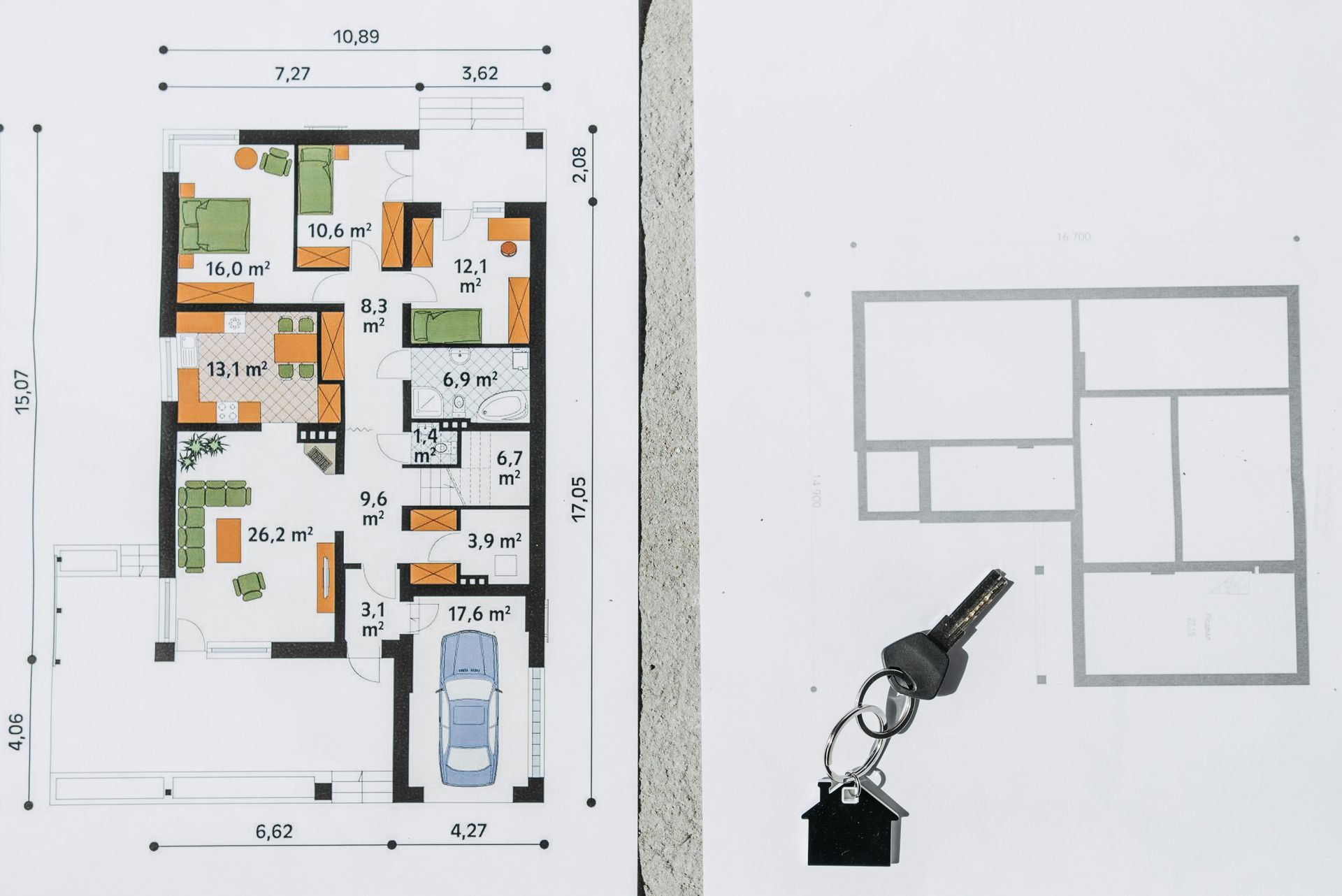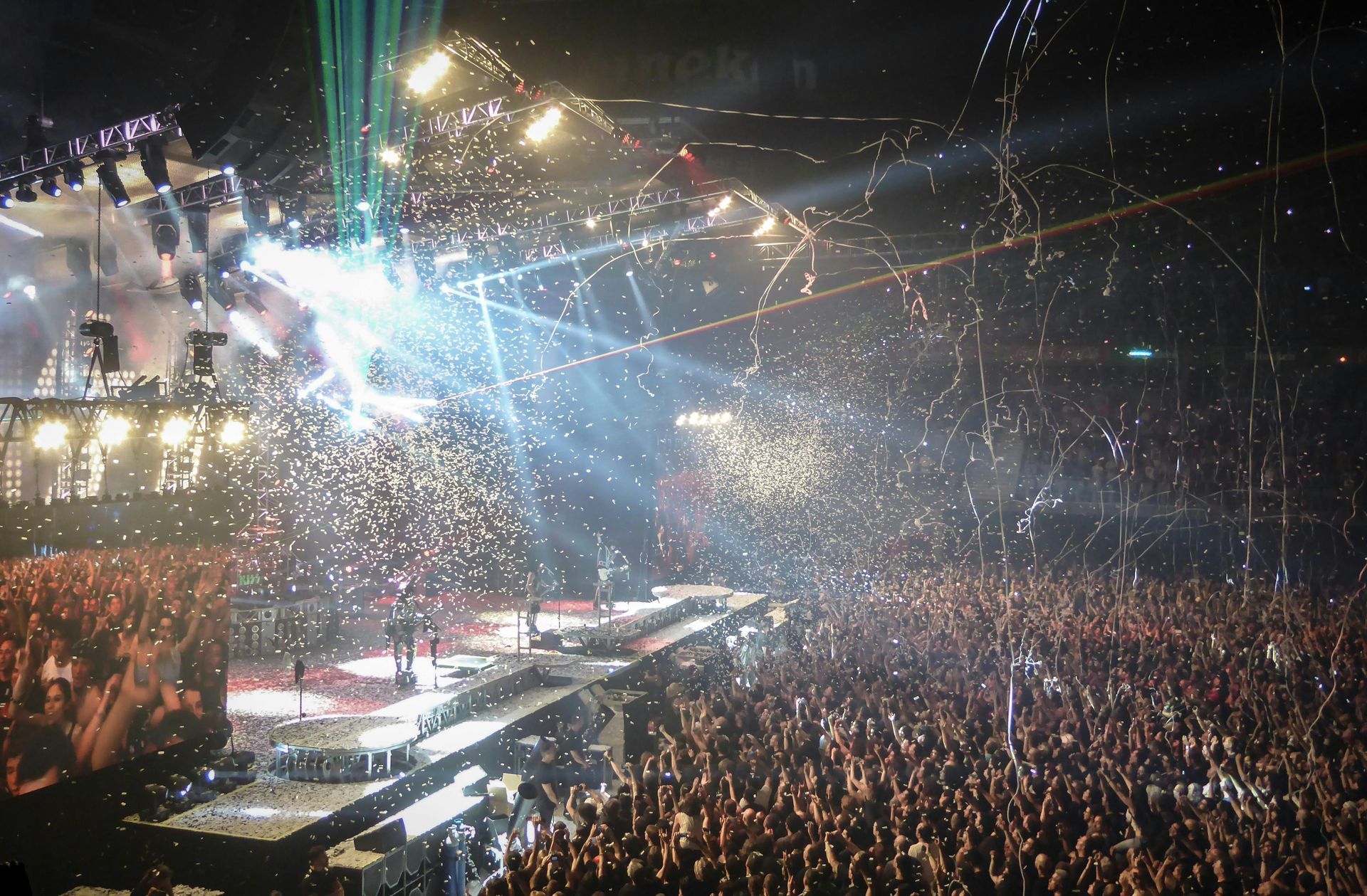Owning Versus Renting May Be More Affordable Than You Think
Owning Versus Renting May Be More Affordable Than You Think

Owning Versus Renting May Be More Affordable Than You Think
As of 2018, 64.2% of homes in the U.S. were occupied by the owner of the property. However, how common homeownership has to do with where you are in the country. For example, homeownership is much more common in the midwest than it is in the western part of the nation.
If you're thinking about buying a house, you might be wondering if all that responsibility simply isn't worth it. However, you might also be worried about missing out on owning real estate during a time when prices are increasing drastically in many markets.
So which is better, being a renter or an owner? Is it a better deal to have landlords that deal with maintenance or to have the stability of being a home owner?
Let's take a look at the argument from all sides to help you determine what makes the most sense for your particular situation.
Renting Vs. Owning: The Basics
One of the major decisions that American adults make that affects both their lifestyle and their financial health is whether they rent or buy property.
If you look around online, you'll find strong arguments on both sides regarding which is better. So, should you be a home buyer or a renter? The answer might not be the same for everyone, and it's a good idea to put aside preconceived notions of which one prevails before making a decision.
Owning real estate has a number of advantages, including the ability to build equity as well as being a source of potential tax deductions. There are also advantages to renting, including having little to no responsibility for the property as well as a lot more flexibility.
Buying a home is a part of the cultural mindset of the United States. And, when you look at the way that housing markets have skyrocketed recently, you can understand why it might be advantageous to own a home rather than rent one. Many Americans are in a situation where the house they bought a few decades ago is now worth several times what they bought it for.
At the end of the day, only you can decide whether renting or owning makes more sense for you. Below we'll take a look at the pros and cons of renting and owning to help you figure out what fits with your financial and lifestyle needs.
Renting
When you rent an apartment or a home, you have the flexibility to move each time your lease ends without penalty or much responsibility on your end. At the same time, though, it also means that you could end up having to move at a time that isn't ideal for you if your landlord decides to sell or otherwise change his relationship with the property.
Similarly, landlords can also raise the rent in a way that makes your apartment less affordable. This might mean that you have less disposable income or that you end up being driven to move to a different place. Of course, if you live in a rent-controlled apartment your situation is quite different.
One benefit of renting is that you can budget for how much your housing costs will be each month. However, owning a house means that you might end up having surprise maintenance and repair costs that make your housing costs less predictable.
There are fewer associated costs with renting than there are with homeownership, too. Renters insurance is a lot more affordable than homeowners insurance, for example.
Renting rather than owning can also let you have more freedom during your free time. When you own a house, there are plenty of maintenance tasks to keep you occupied on the weekends and in the evening. If something needs to be fixed at your apartment, you can simply call the property management company or the landlord.
The downside of having a landlord or property management company deal with maintenance and repairs is that you're subject to their or their vendor's schedule. The work that is done might not be uniform with your own taste.
However, people who live in an HOA might not have the same amount of homeownership chores. There are costs to that, though. Typically, HOA fees cost between a few to several hundred dollars every month depending on the amenities and expenses of the association.
Owning
There are some serious benefits to homeownership, but it requires that you are relatively settled in one location for it to make sense. If you are going to be living in a certain area for several years, becoming a home owner can make a lot of sense.
However, real estate is a particularly illiquid asset. Selling a house can take a while even in a hot market because of the lengthy mortgaging process. However, if you know that you'll be living in the same area for a while, there are a lot of benefits that come along with owning.
(Wondering what the projected trends are for the real estate market? Check out this article.)
While there are additional costs to owning a home than there are to renting, you are building equity in your property every time you make a mortgage payment. As you likely know, when you buy a home with a mortgage, the outstanding balance of the property is encumbered in favor of the bank. Every time you make a monthly mortgage payment, you are owning a bigger piece of the pie and increasing the amount of money that will go in your pocket when you sell.
There is also something particularly meaningful about having ownership of where you live. If you are renting an apartment, there's a good chance your landlord won't want you to have pets, paint the walls, or build a fire pit in the backyard. When you own your own home you are free to do whatever you want whenever you want, assuming you are staying within the bounds of the law and code regulations.
This is more meaningful than you might expect. The environment that you live in can have a major impact on your mood and your life experience.
What if you want to have a garden but your landlord won't let you? What if you'd love to hang some art on your walls but your lease says you can't put holes in the wall?
At the end of the day, renting means you don't have ownership over your space. While this can free you from a bunch of responsibilities, it also means that you can't make your home everything you want it to be.
When you own your house you also don't have to live in fear of the landlord raising the rent or selling the place. This is a sense of stability that is a bit hard to imagine if you are renting. You know that so long as you make your mortgage payments and pay your tax bill, no one can simply kick you out of your own home.
Another benefit of homeownership is that it can help protect you financially during periods of inflation. This is particularly relevant in the current economic situation. If you've been wondering why the housing market has been going so crazy recently, it's partially because investors and financially savvy individuals understand the way that real estate can hedge against inflation.
Being a homeowner can also help you to build a strong credit history. If you're paying your mortgage on time, you are showing other potential lenders that you are a low-risk borrower. While a credit score can seem kind of ethereal at times, a good credit score can end up saving you a lot of money over the course of your life.
Considerations to Take Into Account
When you are deciding between owning and renting, you will obviously think about it from a financial angle. However, that isn't the only thing that matters in this decision. You will also want to think about the vision you have for your own life and what feels comfortable to you.
There are a lot of questions to ask yourself about your personal situation before making this choice between renting and owning. Let's take a look at some things you should be thinking about.
Can I Afford a House?
One obvious question to get out of the way is whether or not you can afford to buy a house. There are mortgage calculators you can use online to help you understand how much you can expect to pay for 30-year mortgage after your down payment.
You'll also want to consider how easy it will be for you to get a mortgage. If you work a W-2 job, the process is much more simple than if you are self-employed.
It's important to consider the additional costs of owning a home beyond the mortgage, insurance, and taxes. You'll want to also think about HOA fees, maintenance costs, and other associated costs.
On the other hand, owning a house allows you to build equity while also benefiting from tax deductions via mortgage interest and property taxes. Rent payments are not tax deductible.
You can learn more about how to qualify to buy a home here.
What's the State of My Finances?
You'll also want to take a look at your current financial situation. If your finances have seen better days, you might find that the loan conditions you can get from a mortgage lender aren't ideal. However, if you are in a position to lock in a low-interest rate, buying might be a good idea.
Working with your Realtor and mortgage broker or bank to get pre-qualified and determine what kind of loan you qualify for is always the first place to start in the process.
Is This the Right Time to Buy a House?
Only you can decide whether this is the right time to buy a house. The "right time" can mean both in your personal life as well as in the larger economic plain.
On the personal end, you'll want to think about whether or not you're under a lot of stress or if your life is fairly stable. Buying a house should be a decision made from a place of balance and not a place of stress. It's also important to not get caught up in feeling pressured to buy a house but rather make sure it's the right choice for you.
There is also the question of the current housing market and the state of the economy. There is a lot of demand for homes which makes the market quite competitive. However, this in itself shouldn't hold you back from trying to buy a house if now is otherwise the right time for you.
What Is My Plan for the Future?
Lastly, you'll want to think about your plan. If you are simply staying in a town for the summer before going on to grad school in a different city, buying a house doesn't make any sense. If you are working a stable job in your community and you expect to stay there for a number of years, then buying a house can be advantageous.
You'll also want to think about how your household could change over the years. Are you single now but expecting to be married in the next few years? Are you married and considering having children?
There are so many wonderful benefits to having the stable housing situation that homeownership offers. However, without consideration of the future, you could end up buying a house that doesn't fit your future needs.
Leave the Work to the Landlords: Finding the Perfect Rental for You
Whether it makes sense to rent or buy might have a lot to do with where you live. For some people in some parts of the country, homeownership might be the obvious choice. However, in other markets, you might find that renting is by far the preferable option.
Is it time for you to relocate to the San Francisco Bay Area, the Central Coast, Orange County, Palm Springs, or San Diego? If so, we're here to help.
You can learn more about our rental services here. If you are thinking of selling or purchasing a home, click here.












